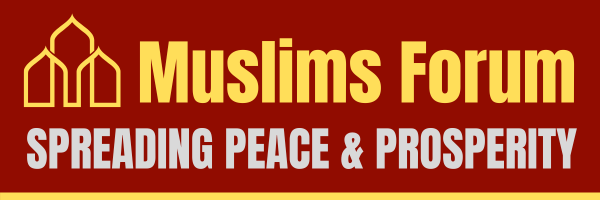Jamaat-e-Islami, founded in the 20th century, is one of the most influential Islamic movements in South Asia and beyond. It emerged with the goal of establishing a society rooted in Islamic principles — not just through individual piety, but by shaping state institutions, legal systems, and governance according to Islamic teachings.
Regarded variously as a religious revivalist group, an ideological movement, and a political actor, Jamaat-e-Islami has played a crucial role in shaping the contemporary intersection of Islam and politics.
Historical Background
Jamaat-e-Islami was established in 1941 in British India by Abul A’la Maududi, a prominent Islamic scholar, journalist, and intellectual. At a time when nationalism and secular ideologies were gaining ground, Maududi contended that Islam was not simply a private faith but a comprehensive system of life — encompassing politics, economics, law, and ethics.
He advocated for the creation of an Islamic order through constitutional means, educational reform, and intellectual engagement, explicitly rejecting violence or armed revolution as a path to change.
Core Ideology
At the heart of Jamaat-e-Islami’s philosophy is the belief that sovereignty belongs solely to Allah, and that Sharia (Islamic law) should form the foundation of all societal structures — from governance and legislation to education and economics.
Read More On Muslim Forum

